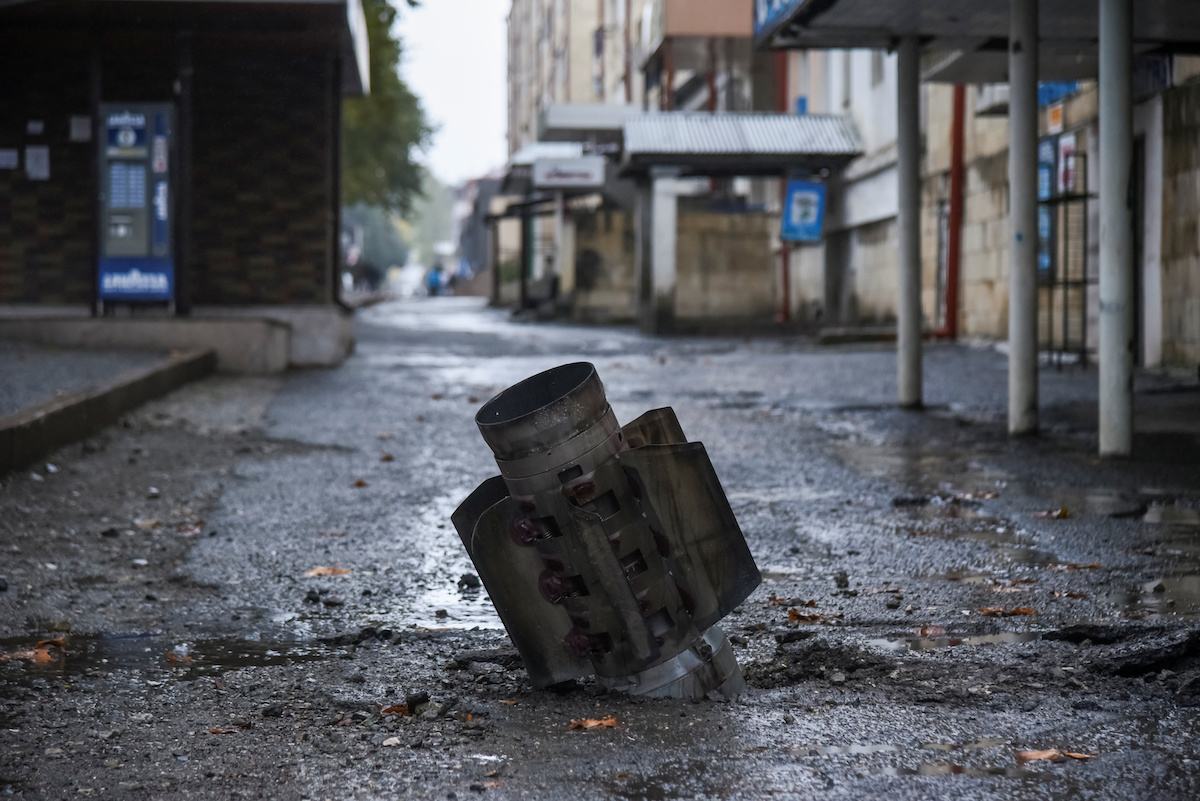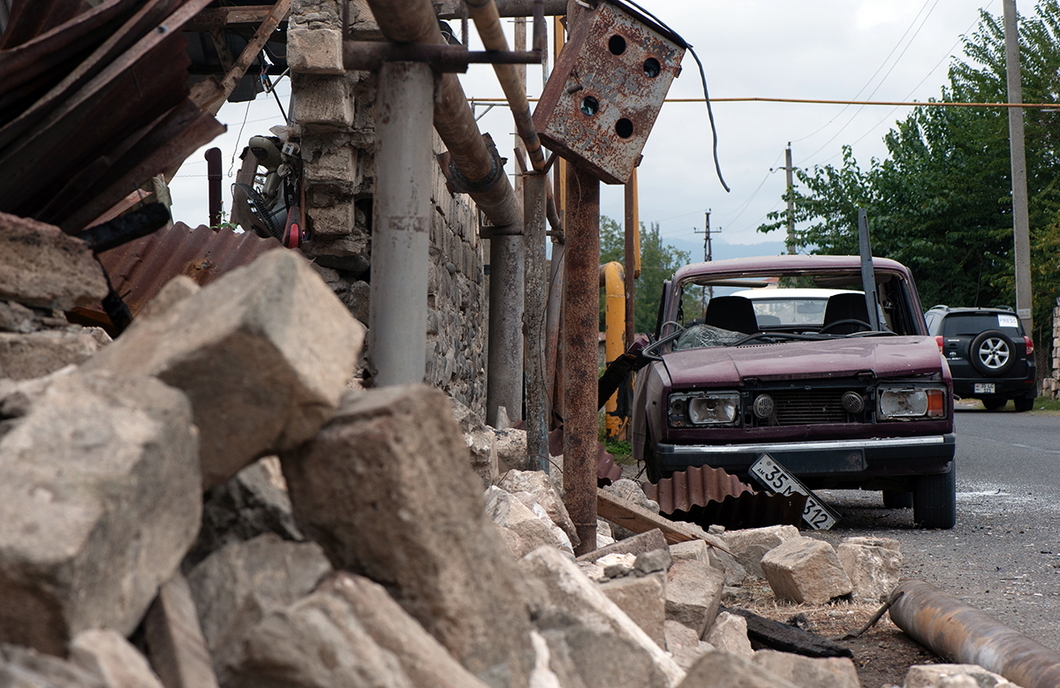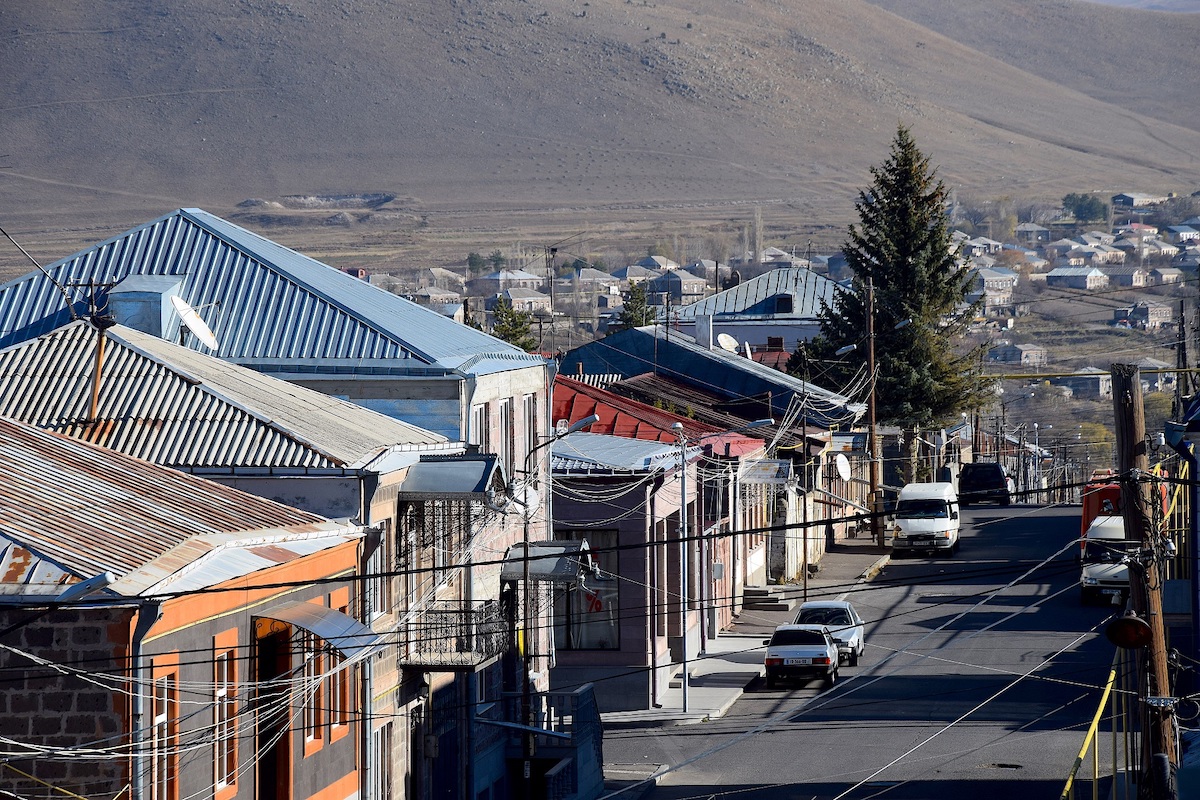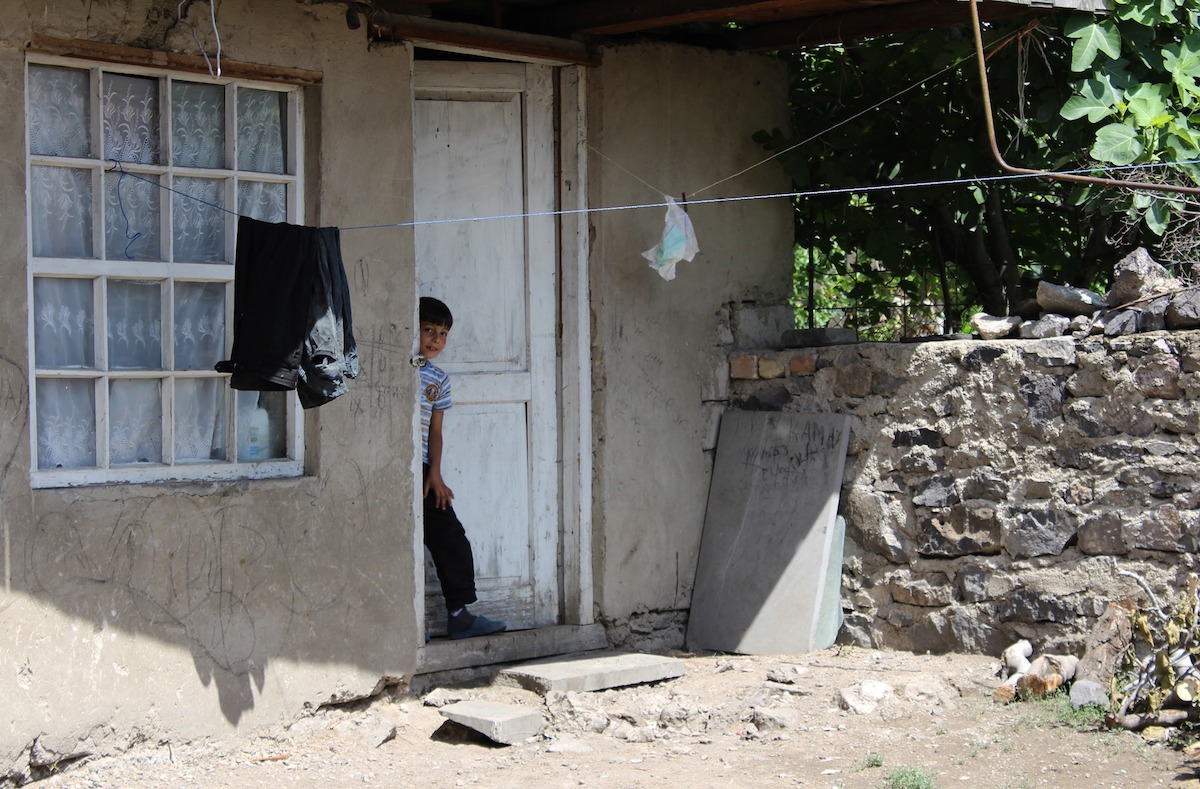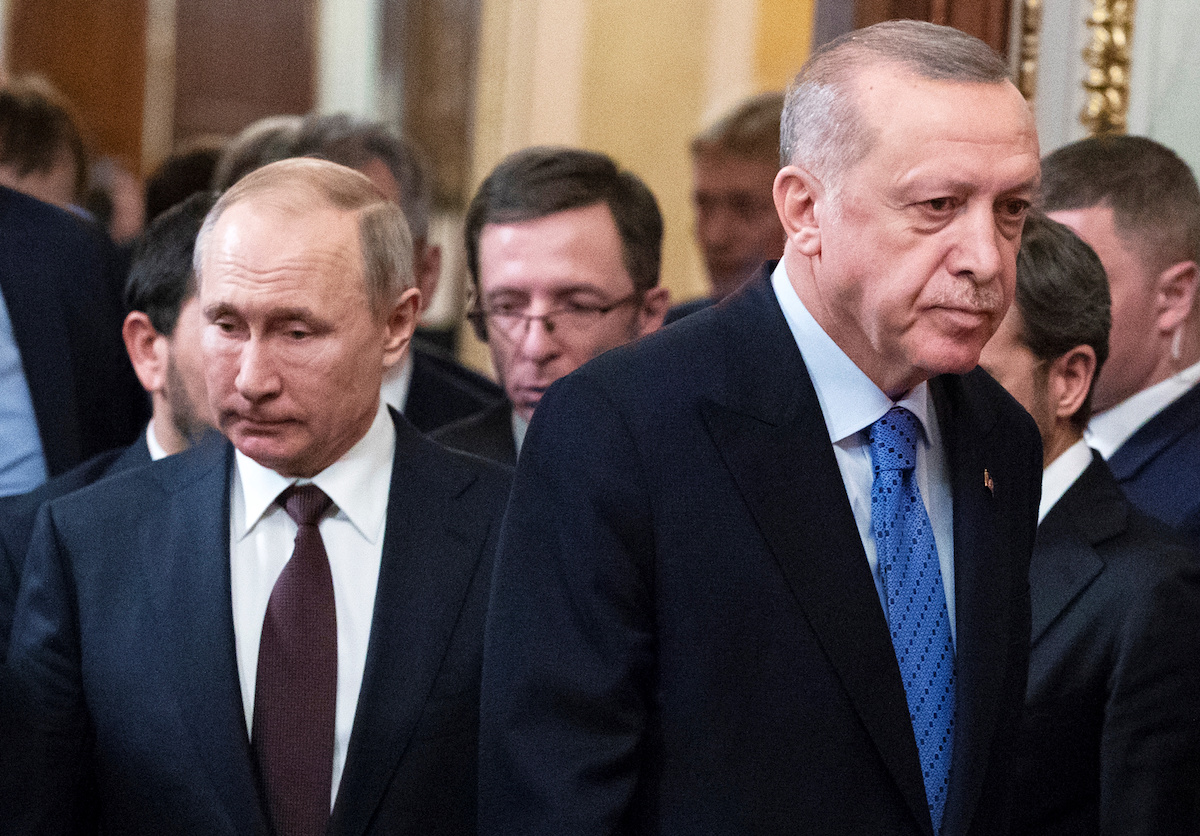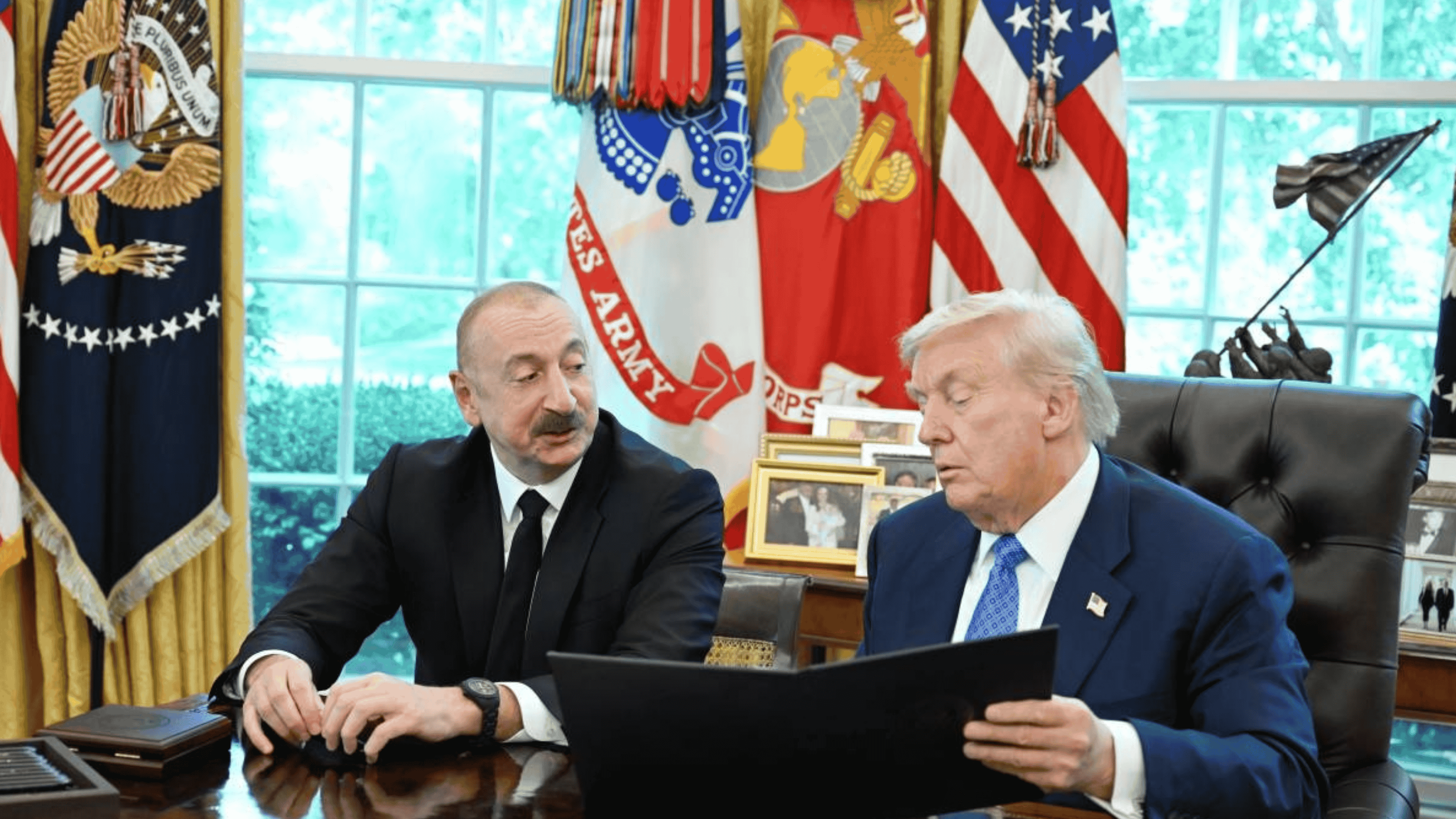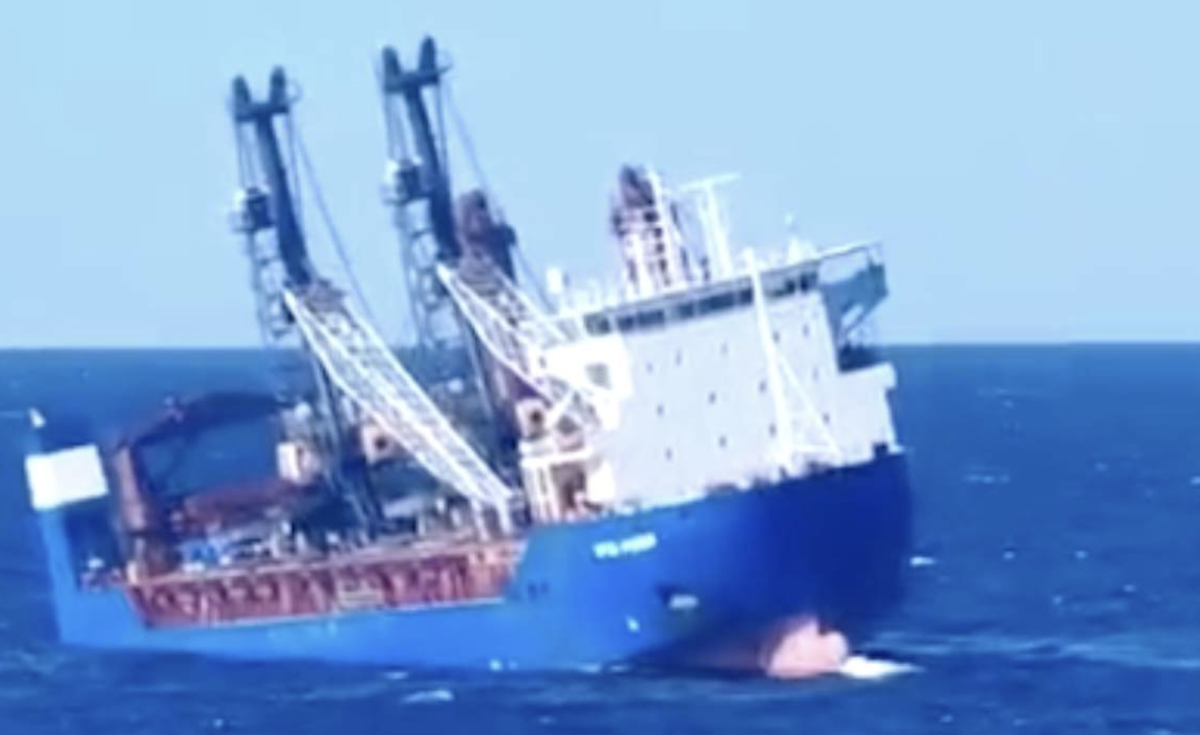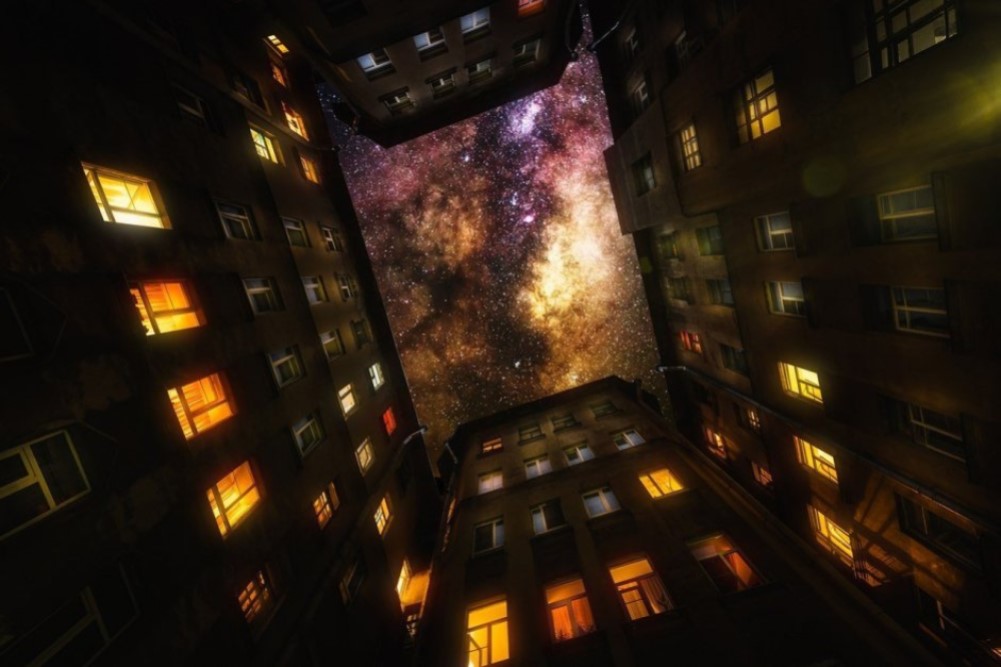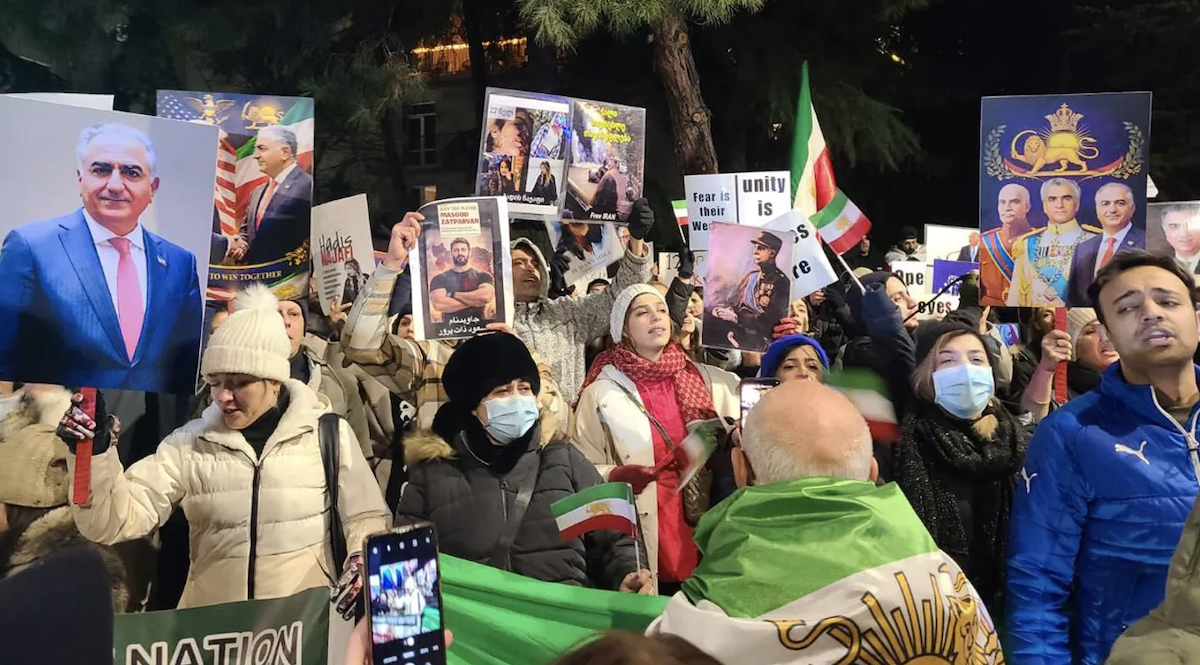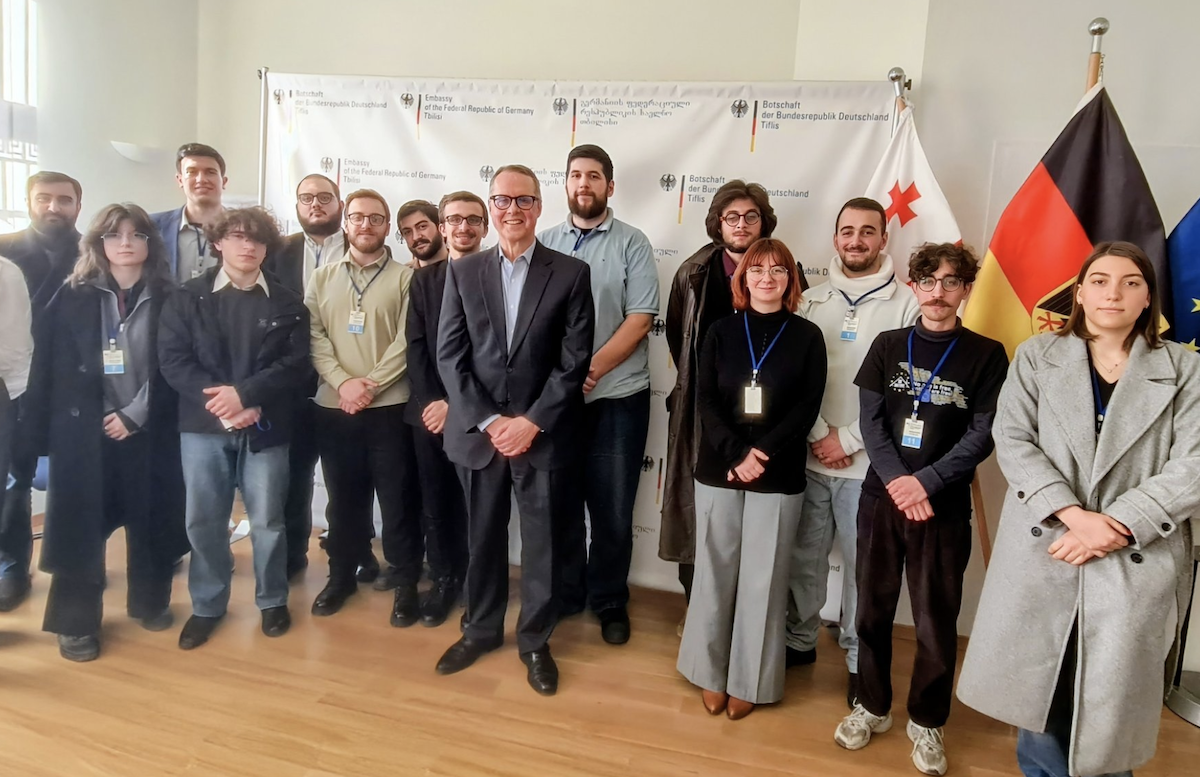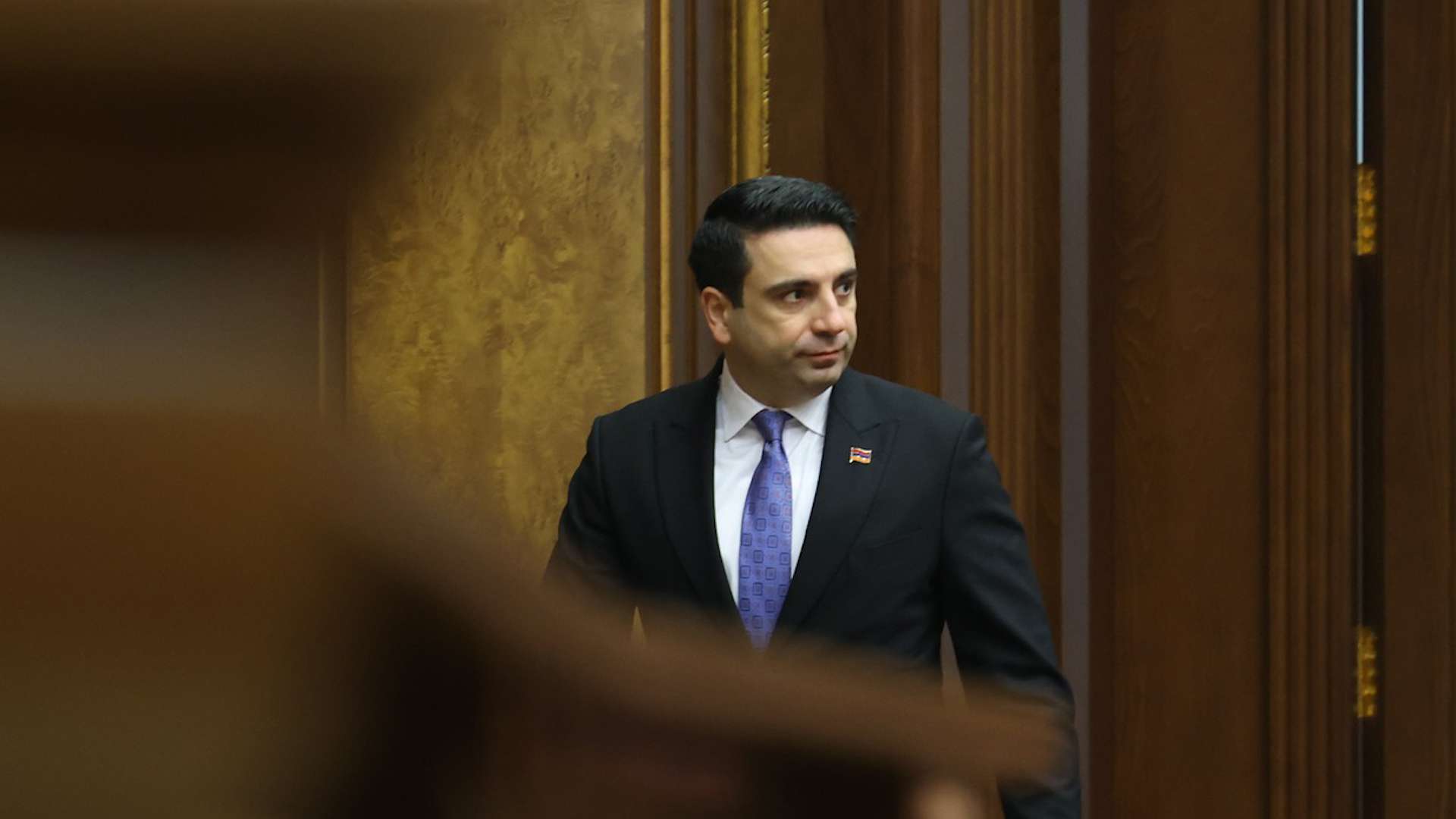Karabakh, Day 9. Overview of events, predictions, background
Full-scale military operations around Karabakh have been going on since September 27.
Border towns and villages in Azerbaijan and Armenia are also under fire. Casualties on both sides have already reached 300, including amongst the civilian population, with thousands wounded.
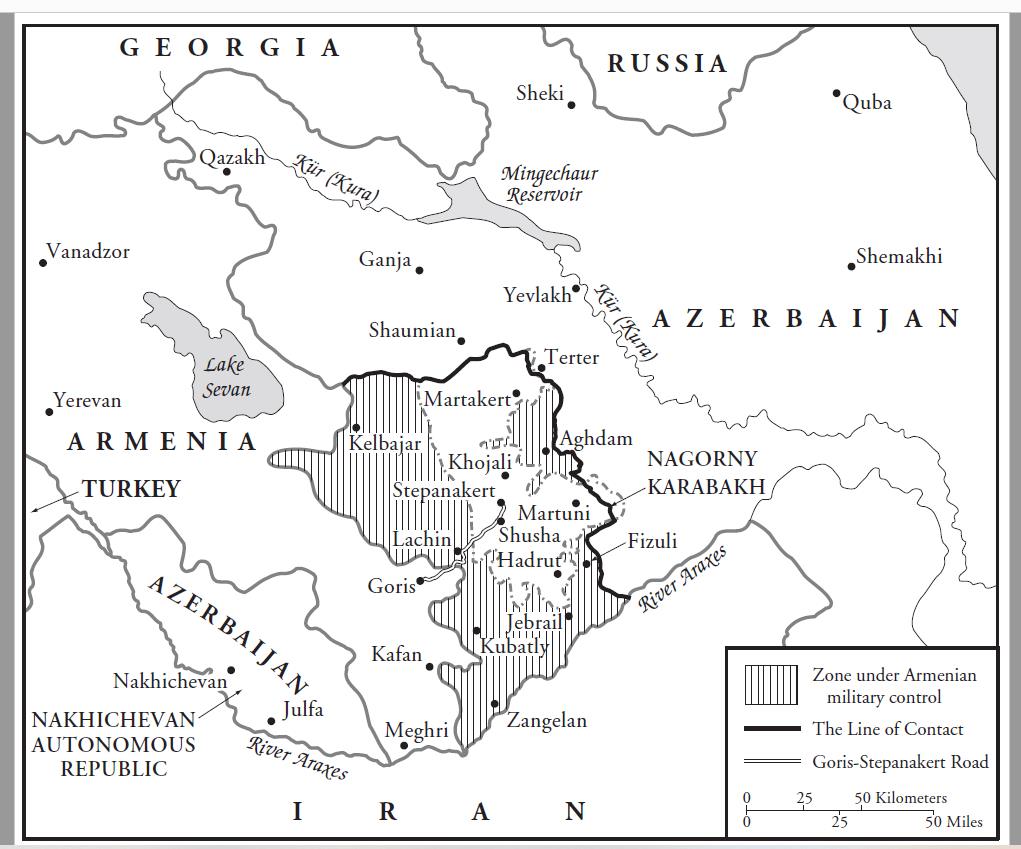
The UN and Western countries are calling for an end to the fighting without preconditions and a return to peace talks. Turkey stated that it supports Azerbaijan “in a just struggle for the liberation of the occupied lands.”
About military operations
• The sides did not provide any new figures on military casualties yesterday. Azerbaijan reported that 24 civilians had been killed, and 111 others injured. Earlier, Armenia said over 200 soldiers had died since the outbreak of the hostilities on September 27. Experts suggest that the casualties among the military on both sides may be very high, given the intensity of the fighting.
• Clashes in Karabakh, Day 8: what’s happened
• Azerbaijan said Armenia had launched a missile attack on Mingachevir, an Azerbaijani city that is home to the country’s key hydroelectric power plant. It published photos and videos which it said confirmed this, and claimed the missiles had been repelled. Armenia denied the attack had ever happened.
• The heavy mortar shelling of the Karabakh capital, Stepanakert, by the Azerbaijani military continued. Many people were wounded, many buildings are damaged. There were also reports of a bomb attack on the city of Shushi (called Shusha in Azerbaijan).
• The Armenian forces launched an artillery attack Ganja, the second largest city in Azerbaijan. One local resident was killed, and four others were injured.
• President of Karabakh Araik Harutyunyan said that “important military facilities in Azerbaijan are being held at gunpoint” and promised to launch hostilities deep in the territory of Azerbaijan – in response to the attacks on Stepanakert and other cities and villages in Karabakh. He called on Azerbaijani civilians to “leave the residential areas where your terrorist army’s positions are deployed to avoid casualties.”
• The Azerbaijani army seized the town of Jabrail and nine more villages (making it sixteen) in the Jabrail region, one of the seven regions surrounding Karabakh that have been controlled by the Karabakh authorities after the war in the early 1990s. Azerbaijan released photos and videos to confirm this. Karabakh responded by saying that that “Azerbaijan has repeatedly attempted offensives in the conflict zone, however all its attacks have failed as a result of the actions of the Karabakh Defense Army.”
• In an interview to the German newspaper Bild, Armenia’s prime minister said: “Nagorno-Karabakh and Armenia have become the front of civilization. Armenians in the South Caucasus are the last obstacle to Turkey’s expansion to the north, southeast and east […] Turkey’s actions are aimed at restoring the Turkish empire. If the world community […] fails to properly understand the geopolitical significance of what is happening, Europe will have to expect Turkey near Vienna soon.”
• Azerbaijan’s reports that the president of Karabakh had been gravely wounded were denied in Karabakh.
• German Chancellor Angela Merkel called Armenian PM Nikol Pashinyan and supported the joint statement that the presidents of Russia, France and the United States had made earlier as the chairmen of the OSCE Minsk Group (the facilitator in in the Karabakh negotiations). The Group has called on the sides to immediately cease hostilities and resume negotiations. At the very least, a humanitarian pause needs to be agreed on to allow the sides retrieve the bodies of their military from the zone of fighting, Merkel said.
• “Iran supports the territorial integrity of Azerbaijan,” chief of staff of the president of Iran Mahmoud Vaezi said. “The end of the Armenian occupation will be a guarantee of stability in the region.”
Background
Nagorno-Karabakh is officially part of Azerbaijan, but exists as a de facto independent Nagorno-Karabakh Republic after the 1988-94 war.
This republic is not recognized by any state in the world. Armenia supports the self-proclaimed republic, but has never officially recognized it.
The unrecognized government of the republic also controls seven adjacent regions of Azerbaijan. Only ethnic Armenians live throughout the territory after the expulsion of ethnic Azerbaijanis following the war in the 1990s.
Three features of military operations on the contact line of the Armenian-Azerbaijani armed forces
That war ended with the signing of a truce. Negotiations on the settlement of the conflict with international mediation have failed so far. Azerbaijan continues to consider Karabakh and the territories adjacent to it as occupied and demands their return.
Shootings occur regularly in the region. The latest outbreaks of full-scale hostilities are the escalation on the border between Armenia and Azerbaijan on July 12-16, 2020 and the “April War”, or “four-day war” of April 2-6, 2016. As a result, dozens of people were killed on both sides.
Why outbreak in the Caucasus could lead to expansion of the war
Many international publications publish reports that militants from Turkey and Syria are fighting on the side of Azerbaijan. So far, these publications are based on anonymous sources.
French President Macron also accused Turkey of sending Syrian jihadists to fight in Nagorno-Karabakh.
Both Azerbaijan and Turkey categorically deny this information.
According to a report from the Syrian Observatory for Human Rights, about 900 Syrian mercenaries were brought to Azerbaijan by Turkish security companies. At the same time, fighters of Armenian origin from Syria were brought to Armenia to join the fight on its side.
Erdogan criticizes the West following a US statement on “uselessness of foreign interference in the solution of the conflict in Karabakh“ and the call of the Armenian PM “to contain Turkey”
A few days ago, Armenia recalled its ambassador to Israel for consultations – regarding accusations that Israel is selling Azerbaijan weapons that are used in the conflict.
If the involvement of Syrian militants in the conflict in Karabakh is confirmed, this will create a third theater of military operations for Turkey’s regional rivalry with Moscow.
Armenia is Russia’s strategic partner in the South Caucasus; a Russian military base is deployed in Gyumri in Armenia. On the other hand, Russia has close partnership ties with Azerbaijan.
The main statements from Moscow boil down to the same as those of the Western countries: the conflict must be resolved through diplomacy.










